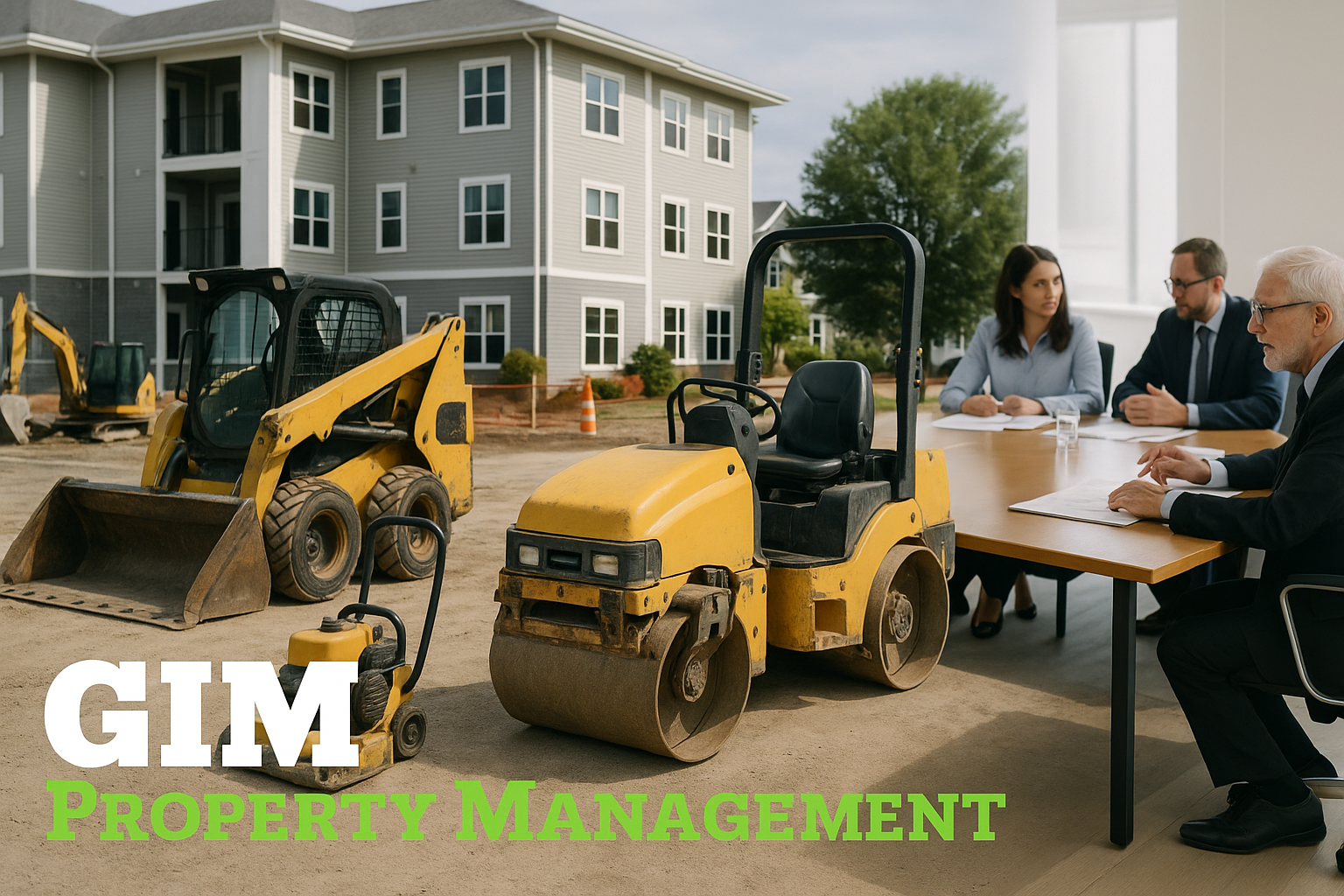Connect with Our Vendor Experts
Discover how strategic vendor partnerships can boost your HOA’s financial health and efficiency in Massachusetts. Learn key tips for effective vendor management.

Discover how strategic vendor partnerships can boost your HOA’s financial health and efficiency in Massachusetts. Learn key tips for effective vendor management.

markdown
Unlock the secrets to effective vendor management with GIM Property Management! Did you know that strategic vendor partnerships can significantly enhance your HOA’s financial sustainability and operational efficiency? Start by evaluating current contracts and seeking out vendors who can offer long-term value through cost-effective solutions and excellent service. Consider implementing a vendor rotation policy to ensure competitive pricing and a fresh approach to services like landscaping, security, and maintenance.
A client of GIM Property Management saved over 15% annually by renegotiating vendor contracts and introducing new suppliers. How does your community ensure vendor accountability and cost-effectiveness? Share your thoughts below!
Vendor management involves strategies that help HOAs and rental properties in Massachusetts maintain effective relationships with suppliers. By focusing on long-term partnerships, communities can leverage vendor services to improve operational efficiency and enhance financial sustainability. Understanding vendor management is crucial as it directly impacts the budget and the quality of community services.
Several key factors contribute to why this can be significant:
Choosing the right vendors is critical as they directly impact service quality and cost. Proper selection ensures that your community receives the best services at competitive prices.
Effective contract negotiation can lead to significant cost savings and improved service levels. It sets the foundation for what is expected from both parties.
Regularly assessing vendor performance ensures that they meet contractual obligations and maintain high service standards.
Building strong relationships with vendors leads to better communication and more flexible service arrangements, which can be essential during times of crisis.
Professional management plays a crucial role in maintaining the age/condition and operational needs of a property. They ensure that all vendor-related processes run smoothly and efficiently.
The value of professional management lies in its ability to streamline these processes, saving both time and money for the community.
Conduct Regular Audits
Implement a Vendor Rotation Policy
Negotiate Long-term Contracts
Foster Competitive Bidding
Establish Performance Metrics
Leverage Technology
Centralize Vendor Management
Regularly Review Market Trends
Build Strong Vendor Relationships
Plan for Contingencies
Need Help Managing Your Budget or Strategy? Contact GIM Property Management for expert assistance in optimizing your vendor management strategy. Our team can help you enhance operational efficiency and achieve financial sustainability.
Effective vendor management is key to balancing costs and value for HOAs and rental properties. By selecting the right vendors, negotiating favorable contracts, and monitoring performance, communities can ensure they receive the best services at competitive prices. Transparency and ongoing involvement are essential in maintaining these relationships.
Request a consultation with GIM Property Management today to explore how we can help you refine your vendor management strategy.
Reach out to learn how GIM can enhance your HOA's vendor strategies.
Contact Us